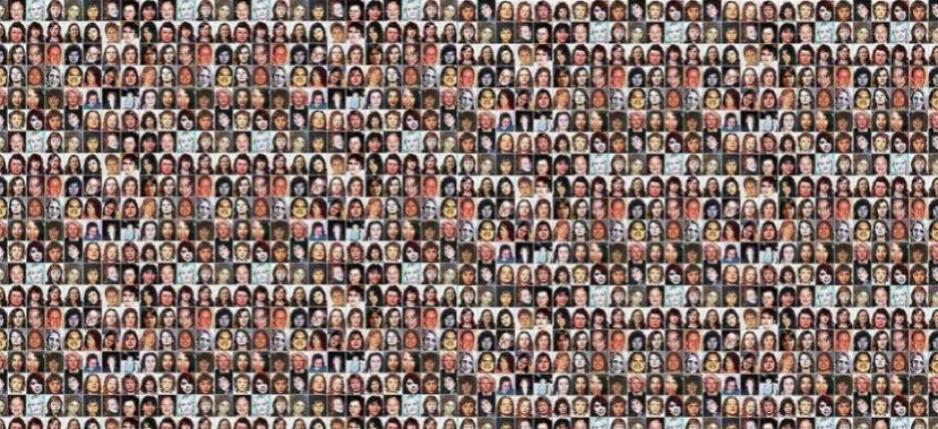Background article: Missing women’s day

The families of Canada’s missing and murdered indigenous women are starting to lose faith in the government’s healing process.
International Women’s Day, celebrated on March 8, has the ultimate goal of ensuring equal rights for current and future generations of both genders. To do that, the UN points out an area where women lag behind men and makes suggestions for how things can be fixed.
This year’s theme, for example focuses on getting more women in the work place, with the goal of raising labour-market participation to the same level as men (globally, according to the UN, it is currently 75% for men, but 50% for women).
For Canada’s indigenous women, the focus, for the time being at least, is squarely on the past. An official enquiry looking into the disappearance and murder of hundreds (estimates range from 500 to 1,100 and possibly even hundreds more) in the past 30 to 40 years got underway on September 1.
Its immediate goal is to help families and communities lay the past to rest, but the broader intent is, in keeping with the spirit of Women’s Day, to determine what the social causes behind the crimes are.
SEE RELATED: Violence against Canadian aboriginal women
When the federal government announced its plans to to establish a special enquiry to do just this, it was hailed as a victory for women’s rights advocates.
The creation of the National Inquiry into Missing and Murdered Indigenous Women and Girls is the result of a campaign promise by Justin Trudeau, the current prime minister, and comes after the refusal of his predecessor to treat the deaths and disappearances as anything more than ordinary crimes.
The group has until December 31, 2018 to come up with ways to address the causes of “systemic violence” against indigenous women and girls, as well as to come up with ways to make their lives safer.
The commission’s remit also calls for it to come up with ways to honour those who have been lost. A first report is due on November 1. Final conclusions must be handed in a year after that.
SEE RELATED: Editor’s Briefing | It is not painless
Five months after it was set up, and with little accomplished so far, women’s groups and families are starting to lose their patience.
Many had hoped the enquiry would begin hearing the testimony of affected families after a short start-up period. The message now is that the process will not begin until later this spring, probably May.
A first accomplishment has been to set up a website and provide contact information for those struggling with their losses.
This, however, has done little to allay concerns: the longer the commission waits to get started, the less certain families with something to contribute – and get off their chest – will be about its ability to help them put the past behind them.
Pauktuutit, an Inuit women’s group, initially criticised the commission for a number of fundamental problems, including such things as having no way of getting in touch with the organisation more than month after it had been set up.
SEE RELATED: Overlooking a regional crux of vulnerability
By December, the organisational structure had begun to come together, Rebecca Kudloo, Pauktuutit’s president, admitted after a conference call with its leadership. Still, she remained unconvinced about where it was heading.
“I still have more questions than answers, but this call was a beginning,” she said in a statement. “I repeated that it is important that the inquiry not go into communities, open wounds and leave. I was assured that a health support plan will be developed, but I still don’t know how they will include our Inuit experts.”
FURTHER READING
- MMIW Inquiry Will Allow Indigenous People To Tell Own Stories: Commissioner Huffington Post Canada
- MMIW coalition says national inquiry keeping families in the dark CBC Manitoba
- Missing & Murdered: The Unsolved Cases of Indigenous Women and Girls CBC
- Ottawa unveils final report on MMIW inquiry consultationNunatsiaq News
- Do We Want a MMIW Inquiry, Now That We Have It?Vice
RESOURCES
- National Inquiry into Missing and Murdered Indigenous Women and Girls (official website)
- Pauktuutit
- International Women’s Day 2017
Related articles
Seeking a light in the Arctic
Prodigal daughters
Reducing the pain
